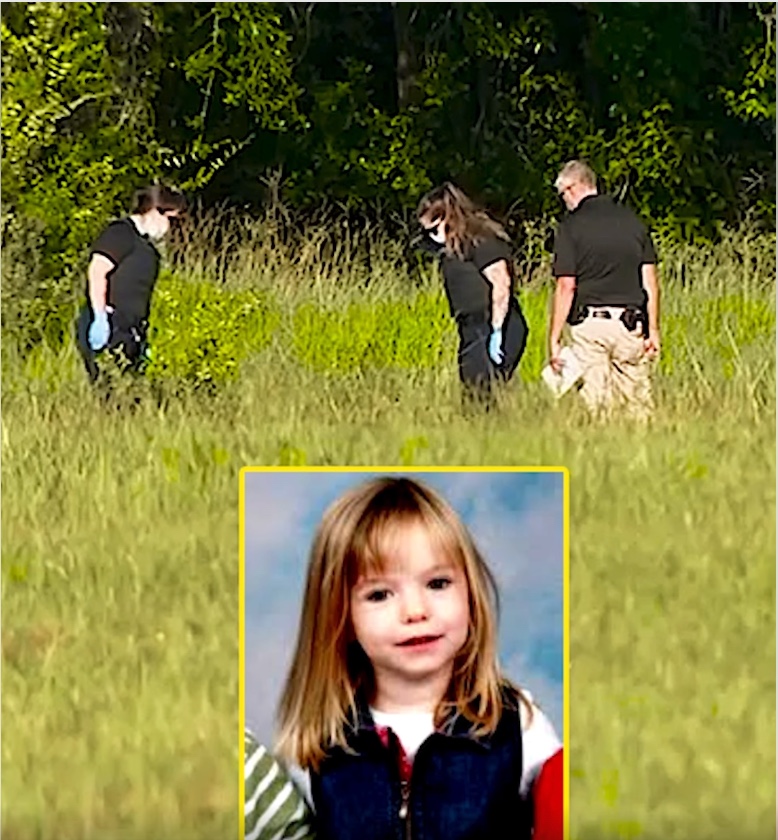The heartbreaking deaths of three little sisters — Paityn (9), Evelyn (8), and Olivia (5) — have left behind a devastated mother, a grieving nation, and an urgent spotlight on the systemic failures that may have sealed their fate.
Their mother, Whitney Decker, has stepped forward with a shattering truth: she had warned authorities again and again about the danger her children were in. She begged for help. She pleaded for someone to listen. And yet, she says, her cries were ignored.
The Discovery: In a remote campsite deep in Leavenworth, Washington, investigators stumbled upon the unthinkable. The three sisters were found bound, suffocated, their young faces covered with plastic bags. The prime suspect? Their own father, Travis Decker — a man with extensive military training who is now a fugitive, armed, dangerous, and on the run.
Ignored Warnings: Whitney’s nightmare began when Travis failed to return the girls after visitation. Panic surged through her. She immediately contacted police and begged for an Amber Alert to be issued. But her request was denied. Officials coldly told her the situation “didn’t meet the criteria.”
Her attorney, Arianna Cozart, later revealed that Whitney had long warned police about Travis’s deteriorating mental state — his struggles with PTSD, his volatile behavior, his borderline personality disorder. She pleaded for action. But nothing — not even her documented concerns — was enough to spark the urgent response her daughters needed.
“We may never know if an Amber Alert would have saved their lives,” Cozart said quietly. “But it could have made a difference.”
A Systemic Breakdown: Experts say this case highlights a dangerous flaw in how our system responds to red flags — especially in custody disputes tangled with mental health issues. In many states, the bar to trigger Amber Alerts or emergency police intervention is set painfully high. Too high. So high that by the time the danger becomes undeniable, it’s already too late.
A Preventable Tragedy? The Decker case raises a brutal national question: What will it take for authorities to believe parents when they say their children are in danger? Whitney’s tragedy is not an isolated one. Others have begged for help, only to be brushed aside. But this time, the result was irreversible.
Now, as Travis Decker remains at large, the nation’s outrage grows louder. On social media, hashtags like #JusticeForTheDeckerGirls are calling for sweeping reforms: mandatory mental health screenings in custody cases, faster police responses, and more flexible Amber Alert guidelines that can prioritize safety over rigid rules.
The Conclusion: Three young sisters are gone forever. A mother’s desperate warnings went unheard. And a nation is left with one searing question: How many more children must be lost before we learn to listen in time?
Disclaimer: This article covers an active and ongoing investigation. Details may change as the case unfolds, and all suspects are presumed innocent until proven guilty in a court of law.
